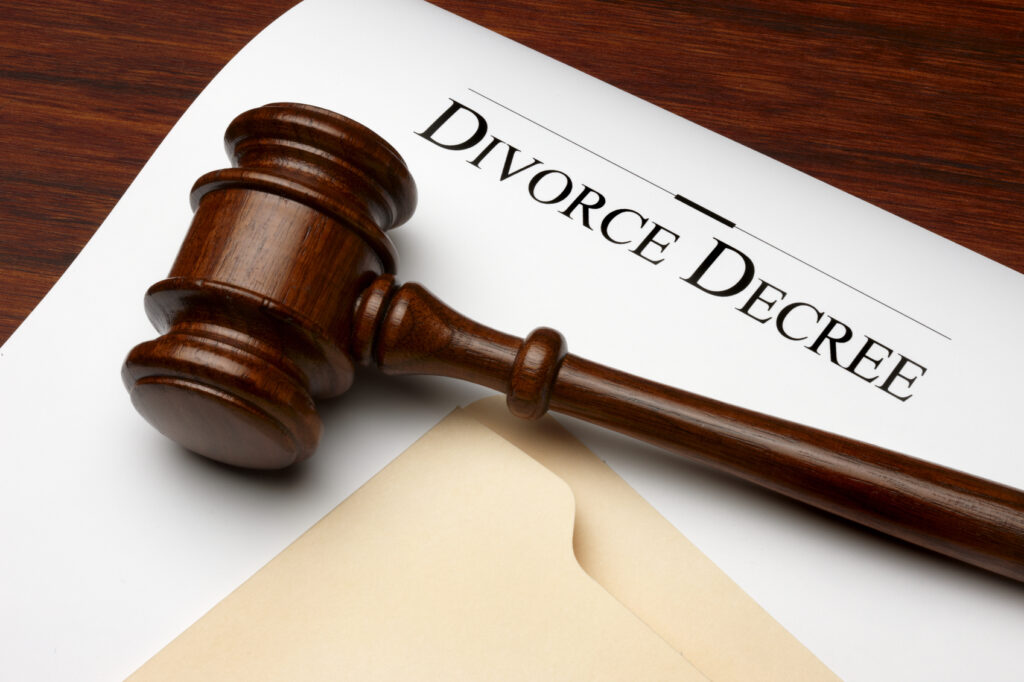Ohio Divorce Lawyer Answers More Questions about the Comparison between a Dissolution and Divorce
This article provides an additional overview of the dissolution process. Under Ohio law, dissolutions can provide a less costly and amicable alternative to divorce. If you have questions after reviewing this information and our prior blog post, we invite you to contact us to learn about your specific situation.
Why would I ever choose divorce given the many benefits of dissolution?
Many people have situations that are inappropriate for the dissolution process because they cannot agree on the proper resolution of all of their issues. If the parties are involved in an abusive relationship, or one spouse is particularly dominant, then a divorce offers access to a judge to mitigate the risk of one spouse exploiting the other spouse. The court also can impose temporary restraining orders that can prevent the more dominant or abusive spouse from manipulating the other party. If your spouse will not cooperate in signing any of the documents or cannot appear at a hearing, then the dissolution process cannot be utilized.
Do I need an attorney to enter into a dissolution with my spouse?
Although your attorney’s fees usually will be much lower, you might consider consulting with an attorney to evaluate various settlement proposals and to learn about your legal rights. An evaluation of a proposed settlement is virtually impossible when you do not know what to expect if a judge must rule on an issue during a contested divorce. Another reason you might want legal representation is to ensure that the documents needed to process your dissolution and the settlement are drafted properly. Many unrepresented parties struggle with the dissolution process because they lack the experience to make the marital agreement accurately reflect the terms of their agreement.
Will I need to go to court if I use the dissolution process in Ohio?
Under Ohio law, a hearing will be scheduled after the dissolution documents have been filed with the court. Ohio law requires that the hearing occurs within 30 to 90 days after the documents are filed. Both parties are required to testify that they are satisfied with the terms of their agreement and that the agreement was not the product of force or coercion. The parties also will be asked some other questions, such as whether all assets and debts have been disclosed and whether the signatures on the documents bear their signatures. If one of the parties will not agree to attend a hearing, then an uncontested divorce will be a more appropriate option.
What documents must be submitted to complete the dissolution in Ohio?
While the main documents will be a marital settlement agreement, which sets forth the proposed resolution of all issues, there are other documents that also must be submitted. If the parties have children, a Shared Parenting Plan must be submitted (see above). A joint petition that requests the judge approve the marital settlement agreement and the shared parenting plan must be submitted requesting the court to approve the agreements of the parties.
How long will it take to complete the dissolution process in Ohio?
While dissolutions usually last far shorter than a divorce, the length of time to complete the process will depend on several factors. The most obvious factor involves the time it takes the parties to reach an agreement on the issues in the dissolution. Because the hearing will usually be scheduled within thirty to ninety days of submission of the dissolution paperwork, the process will be shorter than a divorce in most cases.
If you have questions about the dissolution process or divorce, we can answer your questions and explain your rights. Our Columbus divorce lawyers at Dawes Legal, LLC understand that you might have fears and concerns about divorce, so we focus on providing clear and timely explanations of your legal rights and options. We invite you to call us today 614-733-9999.

